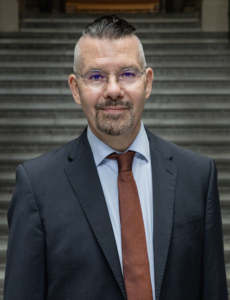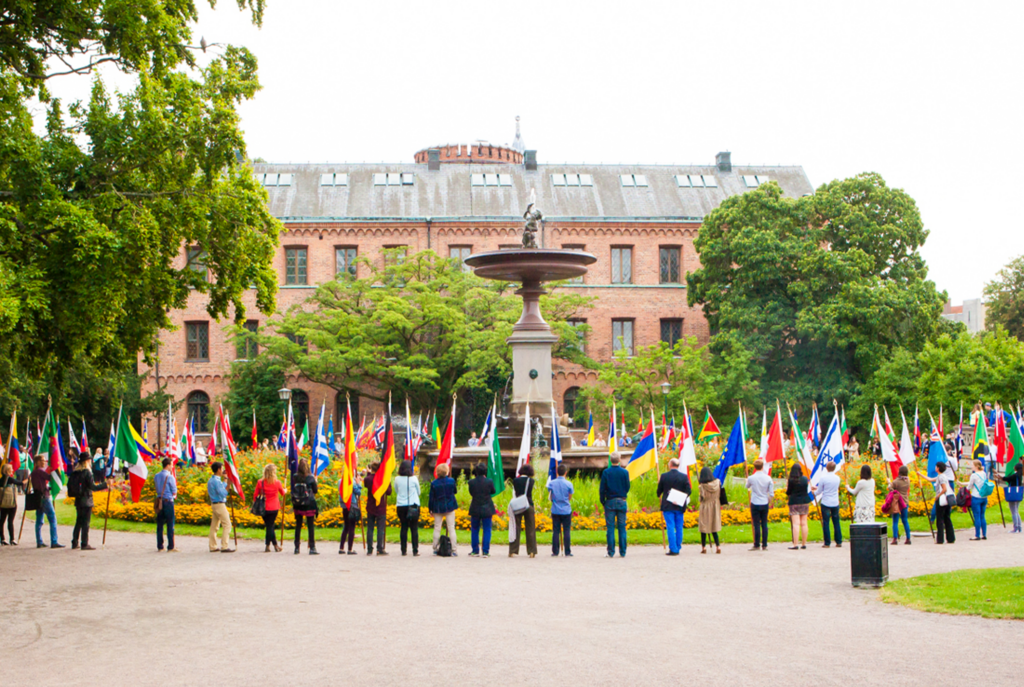The Swedish Migration Agency has recently updated their contract with Lund University, making it possible for students to have a two year residency permit rather than just one year.
The Vice Chancellor of Lund University, Erik Renström, details the process of the collaboration between Lund University and the Migration Agency.
– We have observed that there were long queues and we had problems with students not getting the permit well in time before the course started, he says.
When asked about the main objectives behind initiating the renewal of the contract, Erik Renström discussed Lund University noticing difficulties for international students.
– Together with the Swedish Higher Education Association we started talking to the Swedish Migration Agency and got their views, he says.
– We felt that during the past few years the view of Sweden as a good student destination could be endangered unless we did something, he explains.
– A big win for us as a university is that the agreement means students can get a two year residency permit instead of a one year permit. This will be in exchange for us following more closely the study progression of international students, he further explains.
– Our students do not need to worry about lengthy procedures during the middle of their studies. Or the period in which they are locked in Sweden, which makes it more difficult for exchange studies, if not impossible.

University. Photo: Charlotte Carlberg Bärg
Erik Renström explains that shifting from various permits will also be available for international students within Sweden. Therefore, they do not have to go to their country of origin because they are between research and a doctoral position for instance. Additionally, there will be exceptions for migration salary requirements which are often quite high.
In response to a question about future research in Lund University, Erik Renström discussed the possibility for family members of researchers to obtain a residency permit from within the country. He describes a situation where a pregnant couple have moved to Sweden for a research project but the Migration Agency will not allow the newborn to stay.
– Although the baby is born in Sweden, (the family) would have to go back to the country of origin to apply for a residency permit. When junior colleges objected, the response was (from the Migration Agency) okay, we have to remove the baby from the country, he says.
Turning the focus on future agreements with the Swedish Migration Agency, Erik Renström explains.
– This will be an ongoing process, from both sides we are very content with the outcome of this situation. What we have learnt is that we need to understand the Migration Agency better than we did in the past. We have to understand the challenges the Swedish Migration Agency has and how Lund University can help accommodate them, he says.
– Next year we will look more closely on guest researchers, and how to handle their permits. That is one area where we hope it will be easier because it is quite often a necessity that the permits arrive quickly. But then we have to collaborate again.










